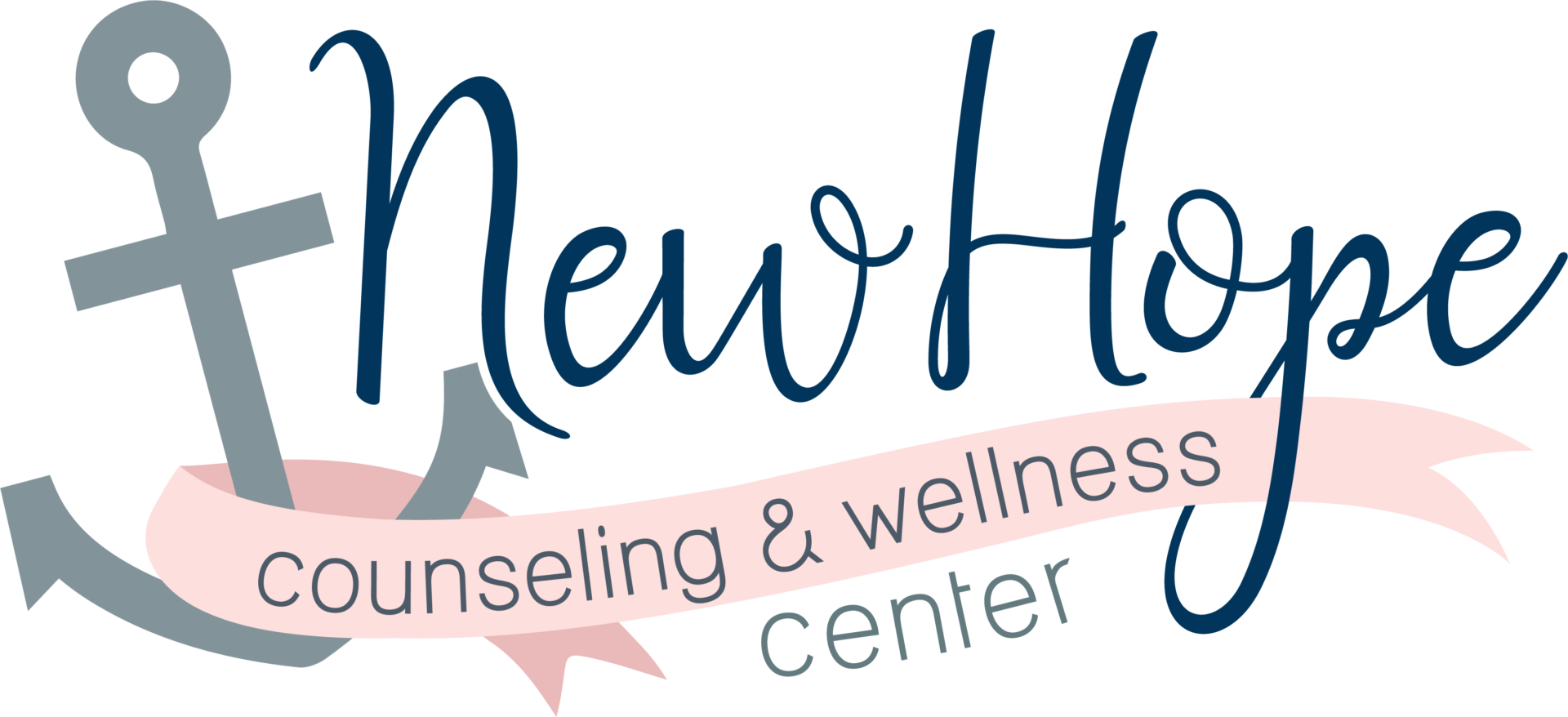
What is an Eating Disorder?

Eating disorders are serious but treatable mental illnesses that can affect people of every age, sex, gender, race, ethnicity, and socioeconomic group. We do not know the exact cause of eating disorders. However, we do know that a range of biological, psychological, and sociocultural factors come together to spark an eating disorder. While eating disorders are classified as a mental illness, they are unique in that they manifest with physical complications that can lead to serious life-threatening illnesses. Anorexia Nervosa (AN) is the third most common chronic illness among adolescents and young women with AN have a mortality rate twelve times higher than their peers. Eating disorders are not a choice. Individuals with eating disorders typically do not understand the severity of their condition making it difficult to reach out for help. It is critical to pursue early screening, intervention, and treatment.

Types of Eating Disorders
Anorexia Nervosa
Bulimia Nervosa
Binge Eating Disorder
Avoidant Restrictive Food Intake Disorder (ARFID)
Otherwise Specified Feeding or Eating Disorder (OSFED)
Eating Disorders During Pregnancy
Risks for the Pregnant Person: Poor nutrition, dehydration, cardiac irregularities, gestational diabetes, severe depression during pregnancy, premature birth, labor complications, difficulties nursing, and postpartum depression.
Risks for the Baby: Poor development, premature birth, low birth weight, respiratory distress, feeding difficulties, and other perinatal complications.
- Anorexia nervosa: Individuals can be underweight and may not gain enough weight during pregnancy. They risk having a baby with abnormally low birth weight and related health problems.
- Bulimia nervosa: Those who continue to purge may suffer dehydration, chemical imbalances or even cardiac irregularities. Pregnancy heightens these health risks.
- Binge eating disorder: Binge eating is often correlated with weight gain, which may lead to a greater risk of developing high blood pressure and gestational diabetes.
Diabulimia
Orthorexia

Behavioral Symptoms of Eating Disorders
- Behaviors and attitudes that indicate that weight loss, dieting, and control of food are becoming primary concerns
- Preoccupation with weight, food, and dieting
- Refusal or restriction of certain foods
- Appears uncomfortable eating around others
- Food rituals (e.g. eats only a particular food or food group, excessive chewing, doesn’t allow foods to touch)
- Skipping meals or taking small portions of food at regular meals
- Any new practices with food or fad diets, including cutting out entire food groups (no sugar, no carbs, no dairy etc.)
- Withdrawal from usual friends and activities
- Frequent dieting
- Extreme concern with body size and shape
- Frequent checking in the mirror for perceived flaws in appearance
- Extreme mood swings
Physical Symptoms of Eating Disorders
- Noticeable fluctuations in weight, both up and down
- Stomach cramps, other non-specific gastrointestinal complaints (constipation, acid reflux, etc.)
- Menstrual irregularities, missing periods or only having a period while on hormonal contraceptives (this is not considered a true period)
- Difficulties concentrating
- Dizziness, especially upon standing
- Fainting/syncope
- Feeling cold all the time
- Sleep problems
- Cuts and calluses across the top of finger joints (a result of inducing vomiting)
- Dental problems, such as enamel erosion, cavities, and tooth sensitivity
- Dry skin and hair, and brittle nails
- Swelling around the area of salivary glands
- Fine hair on the body (lanugo)
- Cavities, or discoloration of teeth, from vomiting
- Muscle weakness
- Impaired immune functioning

At New Hope Counseling & Wellness Center we serve Richland County and Lexington County with Eating Disorder and Nutritionist Counseling Services including...
Eating Disorder Treatment
Eating Disorder Counseling
Binge Eating Disorder Treatment
Anorexia Nervosa Treatment
Bulimia Nervosa Treatment
Family Based Therapy
Online & Virtual Eating Disorder Therapy
Other Specified Feeding and Eating Disorder (OSFED)

New Hope Counseling & Wellness Center in Columbia, SC and Atlanta, GA
Offering Counseling and Therapy for Nutrition, Eating Disorders, Trauma, and PTSD to the Richland County and Lexington County Areas.
The guiding principle of New Hope Counseling and Wellness Center, LLC is to empower and provide individuals and families with the skills they need to be nourished, healed, and restored in order to pursue a life filled with joy and hope. We offer faith-based services for those wishing to include their spirituality as a component in their sessions. While we offer faith-based counseling as one method to achieve this mission, we strive to provide a safe, compassionate, and professional environment for everyone. We do not discriminate, shame or judge and strive to provide quality care to all regardless of religion, gender, sexual orientation, race, ethnicity, national origin, age, weight, physical or mental ability, and marital status.
